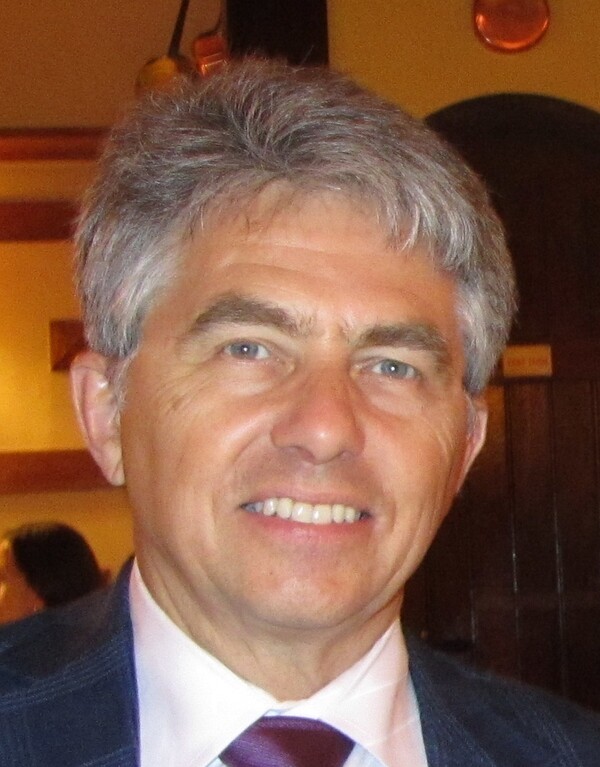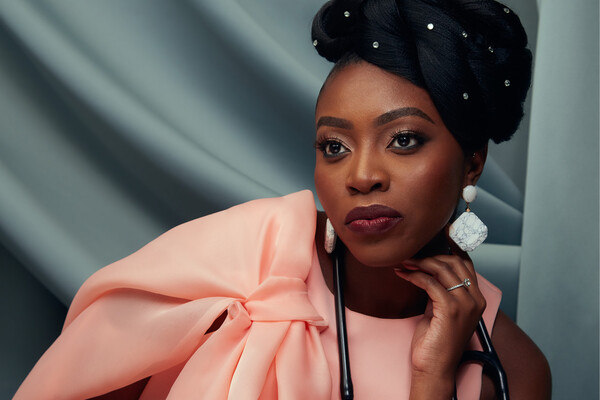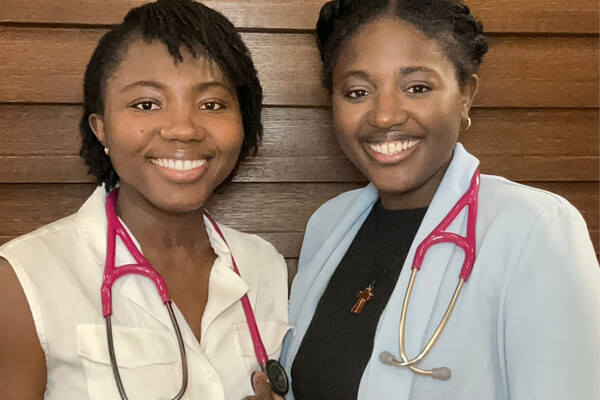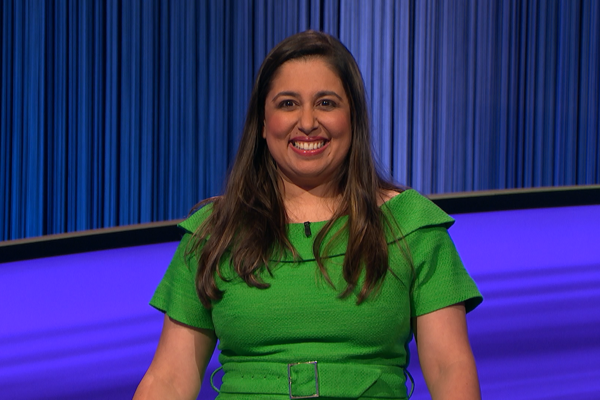Eye Doctor with a Vision: Dr. Steve Arshinoff, PGME ’79

Dr. Arshinoff is the world leader in immediately sequential bilateral cataract surgery, in which both eyes undergo the operation at the same sitting. With Dr. William Samis and Mr. Robert Gough he founded the Eye Foundation of Canada, which provides student scholarships and research grants to promote eye health in Canada and runs the Eye Van (IVAN) program with the CNIB where he and a team of physicians treat over 5,000 patients annually in northern Ontario. He is also a former President of the prestigious International Intra-Ocular Implant Club.
By having a healthy disrespect for paradigms...students make the world a better place.
You are a pioneer in immediately sequential bilateral cataract surgery (ISBCS) — what are you turning your sights to next?
I believe that overall, we should be doing cataract surgery better — and I mean better for the patients. A number of years ago I started doing surgery on both eyes simultaneously. You have to do all of the measurements and treatments simultaneously, and have a really high level of confidence in the accuracy of your procedure. It has been shown to be at least as safe and effective as two unilateral surgeries, with one of the lowest rates of infection ever reported for cataract surgery. And patients are thrilled to be able to see again, out of both eyes. My next goal is to enhance the accuracy of every step of cataract surgery and its preparation, so that ISBCS can become the norm, making the patient experience much better and more convenient.
Looking forward, I want to get all the things we do in my profession to a better level of accuracy. One of my goals is to push the International Intra-Ocular Implant Club to adopt better ways and new ways to do things. I believe that any time a baseline is established on how we do things, that should be your cue that it’s time to look for the next better one.
You’re an accomplished clinician, teacher and researcher, but you also advocate for eye health through the Eye Foundation of Canada. What prompted you to establish the Foundation?
When I attended medical school at Baylor College of Medicine in Houston, Texas, I found the politics very different than in Quebec, where I grew up. In Canada, particularly in Quebec, everyone waits for the government to address systemic needs, whereas in Texas if you want to do something, you just address it yourself.
So when I came back here for my residency in ophthalmology and realized that not much teaching time in medical school was being allocated to this small specialty, I started the Eye Foundation of Canada with some of my colleagues. Our goal initially was to attract students in their second year of medical school when they have their summer off — after they finish basic science courses but before they start clinical rotations. We wanted to give them two months of intensive work in ophthalmology, hoping they would take a real interest in the field and become world-leading specialists and researchers. And our plan worked.
You also run the Eye Van (IVAN) program with the CNIB — how did you get involved in that?
The IVAN is a medical outreach program that was founded in the 1970s by Toronto-based eye pathologist and ophthalmologist, Bill Hunter. He started this program with a fully outfitted Winnebago to see patients in the far north that otherwise had no access to ophthalmic health care. When I was still a resident, I took part in this and went to Cochrane, Ontario, where I met a doctor from India who really inspired me. He took me aside and said, “You know, when you come up north, initially we all feel it’s remote but we see things you wouldn’t see anywhere else in the world — people who haven’t had medical care for their whole life. And we’re the first ones to take care of them so it’s interesting and very rewarding because of what you can do for people who really need your help.”
I fell in love with this program and I still run it after almost 40 years. Not only does it bring modern health care to remote areas, but local doctors also benefit over the long term from exposure to some of the best physicians in Canada.
Why were you attracted to ophthalmology?
Ophthalmology is probably one of the most rewarding fields in medicine. Instead of simply keeping patients from dying, in ophthalmology we help them improve functionally. When people come in and are grateful because you enabled them to see, that’s more than enough reward. And the fact that you get paid at the end of the week is a bonus. People also live longer because of the work we do. Patients used to fall and break their hip because they couldn’t see. Now people are living into their 80s and 90s and they can see and do things just like someone much younger. That’s one of the greatest things that have occurred in medicine over the last 35 years.
What kind of opportunities did U of T offer you?
U of T offered me a chance to explore all kinds of things when I started as a resident. Because it has such a large faculty, if residents have any particular interest in a subspecialty or sub-subspecialty, they can probably find someone in that field to learn from. It’s a school for motivated students who want to fit in with a program that is academic, far-reaching and has room for lots of different interests. A lot of my professors were leading edge and knew the best people in the world so I was able to work on a rare inherited disease and find the cause of it within a very short period of time, because I had experts who could help me.
Basically, I thought U of T was wonderful. And I still think it is.
What is your fondest memory of your time at U of T?
My fondest memory is of my colleagues — other residents. I learned a lot from them. They were a bright group with diverse interests and they were really interested in helping each other. They weren’t people who were insecure about their own abilities. They wanted to help each other, and in a big place like U of T that is really important.
What is the accomplishment you’re most proud of?
I’m most proud of the fact that I’m difficult to get along with! (That’s not really true.) What I mean, though, is that my greatest strength has been a reluctance to blindly accept treatments or educational paradigms of the past. I assess treatments by thinking “That’s wonderful but what’s wrong with this story? What’s missing from this story? Can we do something else?” I think every generation approaches medicine with a set of tools that is superior to their mentors. I expect my students to come to me with a better background in medical education than I had. And if that’s the case, they should be able to look at what I am doing and suggest ways to do it better. By having a healthy disrespect for paradigms they should question the way things are done. When we don’t quite trust what we’re given, students make the world a better place.
News


